Political and Social Thought

Anjana Jacob
This course introduces students to writings by a few of the most influential Western political philosophers, and thereby provides a survey through snapshots of the history of Western political philosophy from ancient Greece to the nineteenth century. The course revolves around five major, overlapping themes. The class will not tell students what to think about any issue. It will help students understand philosophical ideas, think critically about them, formulate their own opinions, and defend those opinions while displaying knowledge of and respect for arguments on all sides of the issue.
Philosophy of Gender

Anjana Jacob
This course aims to help you clarify some of the conceptual and argumentative frameworks used in discussions of gender issues. At the end of the course, you will have a more nuanced understanding of the autonomous character of the individual, the moral relations a person bears to others, and the choices a person has in society more generally.
The Other

Magda Rostron
This course is designed to help students of international affairs understand and apply the concept of the Other, situating it in different contexts: literary, cultural, and socio-political. While mostly literature-oriented, the course surveys selected literary as well as non-fictional texts from various historical and cultural backgrounds, examining authors such as Simone de Beauvoir, Edward Said, Gayatri Spivak, Martin Buber, Z.D. Gurevitch, Franz Kafka, John Steinbeck, and Ulrich A. Boschwitz, with emphasis on conceptual parallels and contradictions as reflected in different cultures and writing traditions.
Global Tapestry

Nouf Al-Thani
Global Tapestry: Understanding the World through Collections” is an interdisciplinary course designed to explore the profound impact that collections—ranging from art and historical artifacts to digital data and personal memorabilia—have on shaping global narratives, cultures, and identities. By examining a diverse array of collections from global to local, this course encourages students to consider how the act of collecting and the contents of collections themselves reflect, influence, and sometimes challenge our understanding of history, society, and identity. Through a combination of lectures, case studies, and hands-on projects, students will gain insights into the ways collections can serve as a lens to view the complexities of global cultures and the interconnectedness of our world.
List of Past Courses
Spring 2024
| CULP 2372-70: Qatar’s Soft Power | Nouf Al-Thani |
| PHIL 1900, 71: Political and Social Thought | Anjana Jacob |
| PHIL 2222-70:Justice | Damien Tissot |
| WRIT 016: Literature and Writing Seminar | Magdalena Rostron |
Fall 2023
| CULP 2278-70 Cultural Practices and Sustainable Development in Qatar | Nouf Al-Thani |
| HIST-1099: History of Anthropology | Maryam Alsada |
| PHIL 2531: Truth and its Limits | Anjana Jacob |
| WRIT-1155-73:Writing and Culture | Magdalena Rostron |
Spring 2023
| HIST-1099: History of Anthropology | Maryam Alsada |
| PHIL 131-01: Happiness & its Discontents | Jeremy Koons |
| PHIL 272-70: Ecofeminist Philosophy: Theory and Practice | Damien Tissot |
| WRIT 016-71: Literature and Writing Seminar | Magdalena Rostron |
Fall 2022
| INAF 222-70:The Doha Seminar: Metaphysics in the Desert and City: Comparative Mysticism in an Arab Gulf Microcosm | Patrick Laude |
Spring 2020
| WRIT 016: Writing and Culture | Mohamed Zayani |
Fall 2019
| WRIT 014–71: Critical Reading and Writing | Mohamed Zayani |
Fall 2012
| SOCI 001-02 & 05: Intro to Sociology | Christine Schiwietz |
